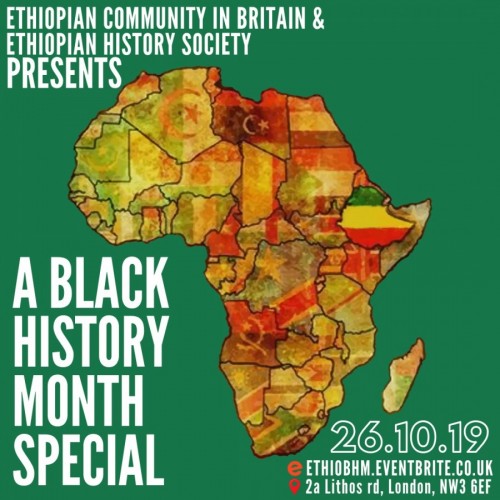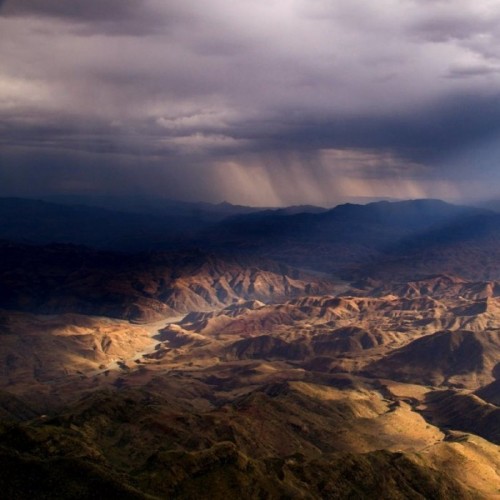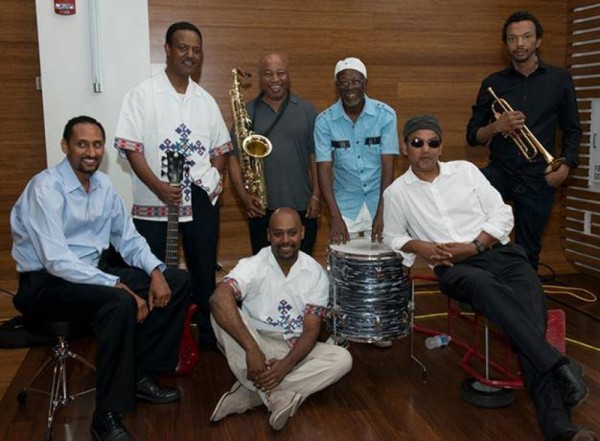Dammed Progress in Southern Africa - 22.10.14
A discussion about the social history of one of the most ambitious infrastructural projects in the history of colonial Africa: the Cahora Bassa dam in Mozambique, which still provides electricity for mining and industrial sectors in the region. The talk contrasts the conflicts over the long-term benefits and impacts of development projects.
Large hydropower infrastructural projects were among the latest attempts at modernization and state-building in the late colonial period. The dissonance between development strategies and social and environmental realities on the ground; between modernization narratives and the politics of displacement have important implications for contemporary policy making.
Allen Isaacman is Regents Professor at the University of Minnesota and Extraordinary Professor at The University of Western Cape. He taught at Univerdade Eduardo Mondlane shortly after Mozambican independence. His first book Mozambique: The Africanization of a European Institution: The Zambezi Prazos 1750 - 1902 won the African Studies Association Melville Herskovits Award as the most distinguished book in the field . He is also the author of Cotton is the Mother of Poverty: Peasants, Work and Rural Struggle in Colonial Mozambique, 1938-1961 (Heinemann, 1996).
Chair: Jonathan di John
Organiser: Centre of African Studies & Institute of Commonwealth Studies (University of London)

















